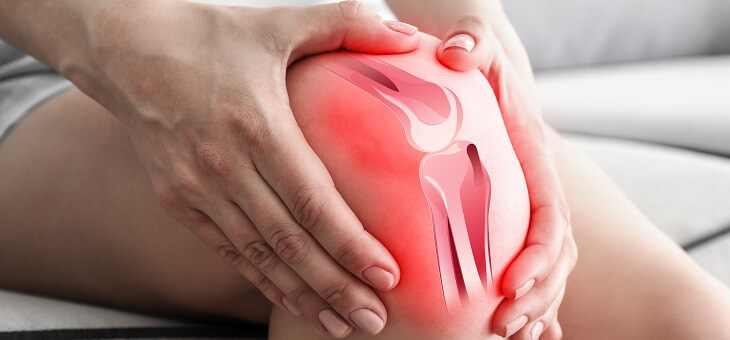If you’re over 50 and anything like me, then you probably spend a fair bit of your life not realising how old you actually are. As a 57-year-old, I still think of myself as young, which, in the 21st century, I probably am.
I struggle to process the fact that I’m even in my 50s most of the time – until, that is, I step on to the cricket field. Then, I’m reminded of my true age.
That reminder comes in various guises and locations from my neck down to my toes. But the most constant reminder comes from my knees, both of which are affected by osteoarthritis.
Read: Healthy foods that trigger arthritis symptoms
Osteoarthritis simply means inflammation of the bones and joints. (Our ancient Greek friends tell us that osteon means bone, arthron means joint and itis means inflammation.)
Notwithstanding the fact that I could lose a few kilos to give my knees a break, the message I’ve been getting from doctors and physios is that there’s little that can be done outside of popping a couple of Voltaren.
But that may be about to change.
University of Sydney’s professor of medicine David Hunter and a group of Australian scientists are pioneering the use of stem cells to treat osteoarthritis. A new clinical trial is investigating whether the cutting-edge treatment can have an impact on the underlying damage caused by the disease.
Read: Gut feeling: Scientists discover unusual arthritis link
That news is music to my ears – and more to point, my knees. And it will be so for many others, too, because osteoarthritis affects about three million Australians. What’s more, over the next decade that figure is projected to jump by 58 per cent because of the ageing population.
Prof. Hunter’s approach is different to most existing osteoarthritis treatments in that it is targeting the causes more than the symptoms. “What we’re trying to do with stem cells is not just modify the symptoms but also modify the underlying disease,” he said.
“Stem cells, through some of the properties of the cells, likely have the capacity to regulate inflammation, and hopefully through that, allow the joint to repair itself.”
Read: Seven exercises for shoulder arthritis
Stem cell technology has been around for a while now, and it does appear it will play a big part in helping us all to stay ‘younger’. As Prof. Hunter explains: “What we’re hoping to do is reduce that inflammation in the synovium, and by so doing reduce the inflammation in the joint, stop the progression and, hopefully, reduce the symptoms.”
The trial, conducted in collaboration with Cynata Therapeutics, is actively recruiting about 400 participants older than 40 who suffer from painful osteoarthritis in their knees.
I can already hear my knees yelling: “Where do we sign up?”
If you enjoy our content, don’t keep it to yourself. Share our free eNews with your friends and encourage them to sign up.

